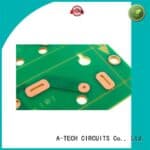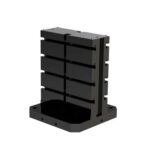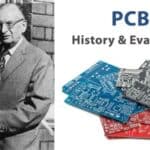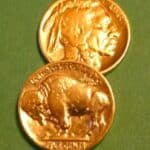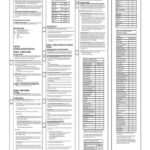
PCB Assembly Blog
-
What is the purpose of the annular ring in PCB?
Posted by
–
 Read more: What is the purpose of the annular ring in PCB?
Read more: What is the purpose of the annular ring in PCB?Introduction to Annular Rings in PCB Design In the world of printed circuit board (PCB) design, the annular ring plays a crucial role in ensuring the reliability and functionality of the board. An annular ring, also known as a pad or land, is a circular copper area that surrounds a […]
-
What is copper PCB?
Posted by
–
 Read more: What is copper PCB?
Read more: What is copper PCB?Composition of Copper PCBs Substrate Material The base material of a copper PCB is typically a dielectric substrate, which is an insulating material that does not conduct electricity. The most common substrate materials used in PCB manufacturing are: FR-4: A composite material made of woven fiberglass cloth and epoxy resin. […]
-
What is considered high speed PCB design?
Posted by
–
 Read more: What is considered high speed PCB design?
Read more: What is considered high speed PCB design?Introduction to high speed pcb Design High speed PCB design refers to the design and fabrication of printed circuit boards that are capable of handling high frequency signals and fast data transmission rates. As electronic devices continue to evolve and become more complex, the demand for high speed PCB design […]
-
 Read more: Where is the hub of electronics manufacturing in India?
Read more: Where is the hub of electronics manufacturing in India?The Rise of Noida as an Electronics Manufacturing Hub Noida, short for New Okhla Industrial Development Authority, is a planned city located in the Gautam Buddh Nagar district of Uttar Pradesh, just southeast of Delhi. Over the past two decades, Noida has transformed from a quiet satellite town into a […]
-
How much does a PCB cost?
Posted by
–
 Read more: How much does a PCB cost?
Read more: How much does a PCB cost?Factors Affecting PCB Cost The cost of a PCB depends on several key factors, including: Board Size and Complexity Number of Layers Material Selection Quantity and Economies of Scale Manufacturing Process and Turnaround Time Additional Features and Finishes Let’s dive deeper into each of these factors to understand their impact […]
-
What is PCBA inspection?
Posted by
–
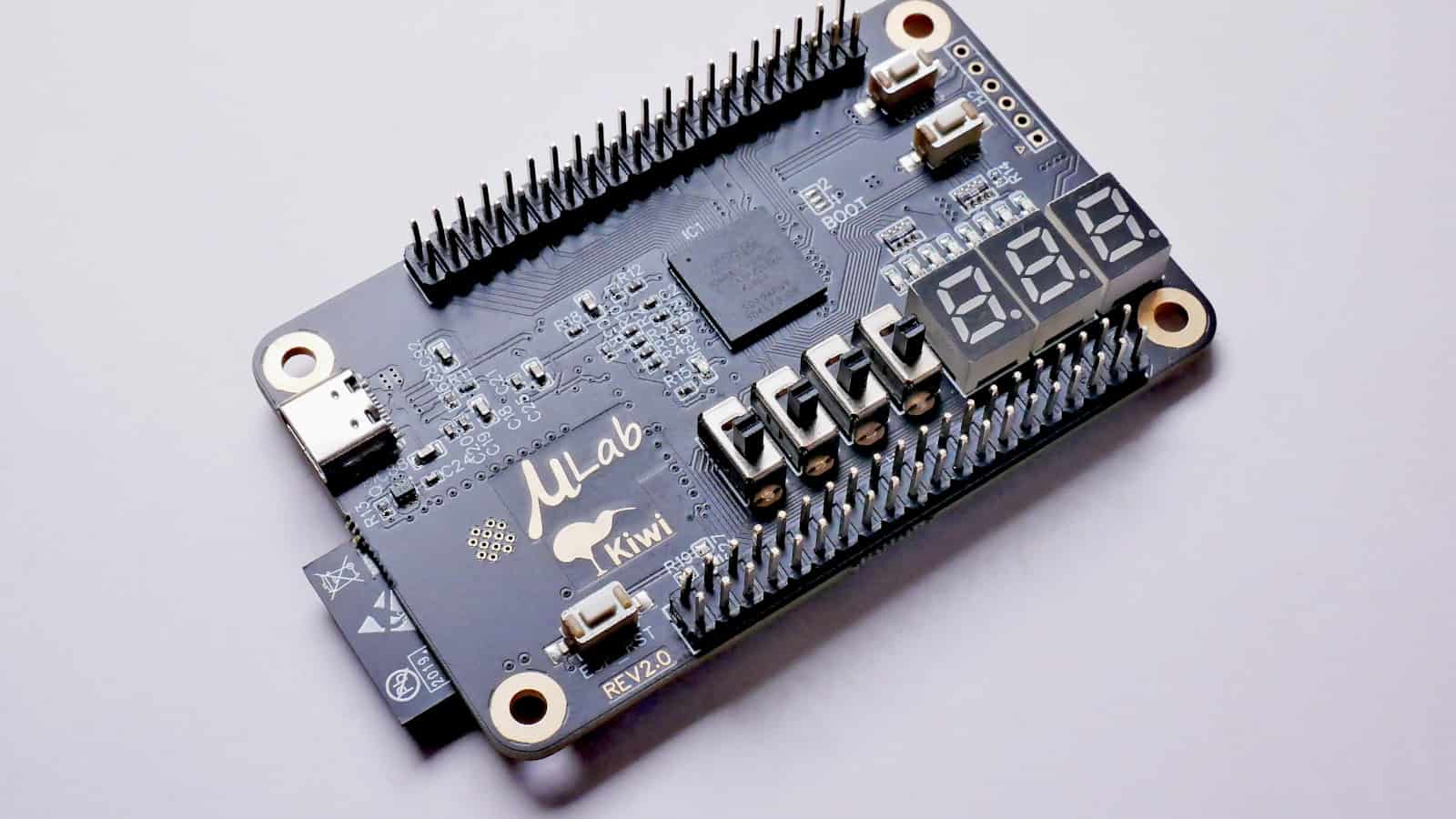 Read more: What is PCBA inspection?
Read more: What is PCBA inspection?The Importance of PCB Inspection PCB inspection plays a vital role in ensuring the quality, reliability, and functionality of electronic devices. Some key reasons why PCB inspection is essential include: Identifying manufacturing defects Ensuring proper component placement and orientation Verifying solder joint quality Detecting potential short circuits or open connections […]
-
What is a PCB layer?
Posted by
–
 Read more: What is a PCB layer?
Read more: What is a PCB layer?Why Use Multiple PCB Layers? There are several reasons why multi-layer PCBs are used instead of single or double-sided boards: Increased component density: Multi-layer PCBs allow for a higher density of components and interconnects compared to single or double-sided boards. This is because the additional layers provide more space for […]
-
What companies make PCB boards?
Posted by
–
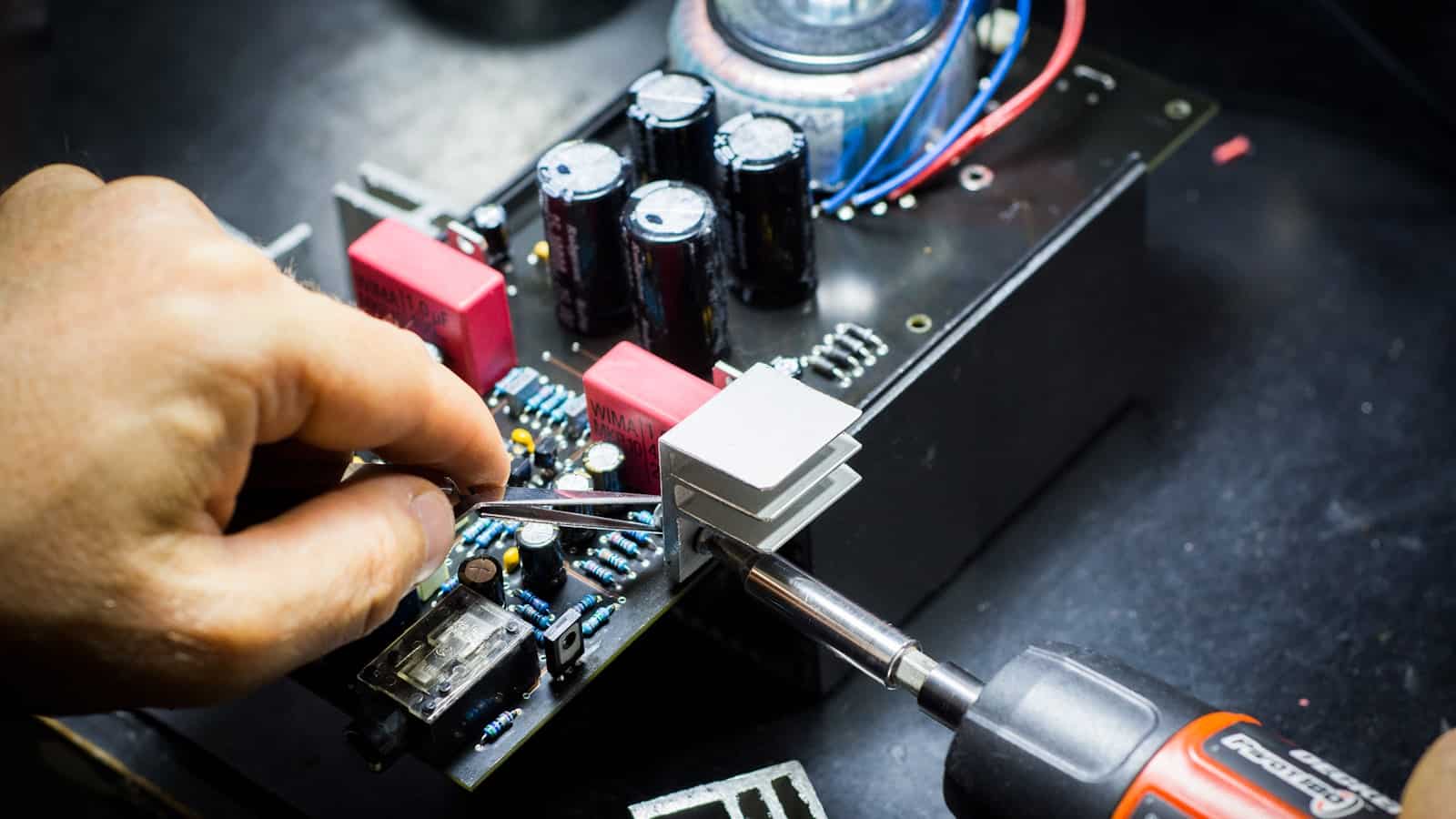 Read more: What companies make PCB boards?
Read more: What companies make PCB boards?Types of PCB Makers Before diving into specific companies, it’s essential to understand the different types of PCB makers: 1. Captive PCB Manufacturers Captive PCB manufacturers are in-house divisions of larger electronics companies. These manufacturers primarily produce PCBs for their parent company’s products and are not typically available for outside […]
-
Are there still PCBs in transformers?
Posted by
–
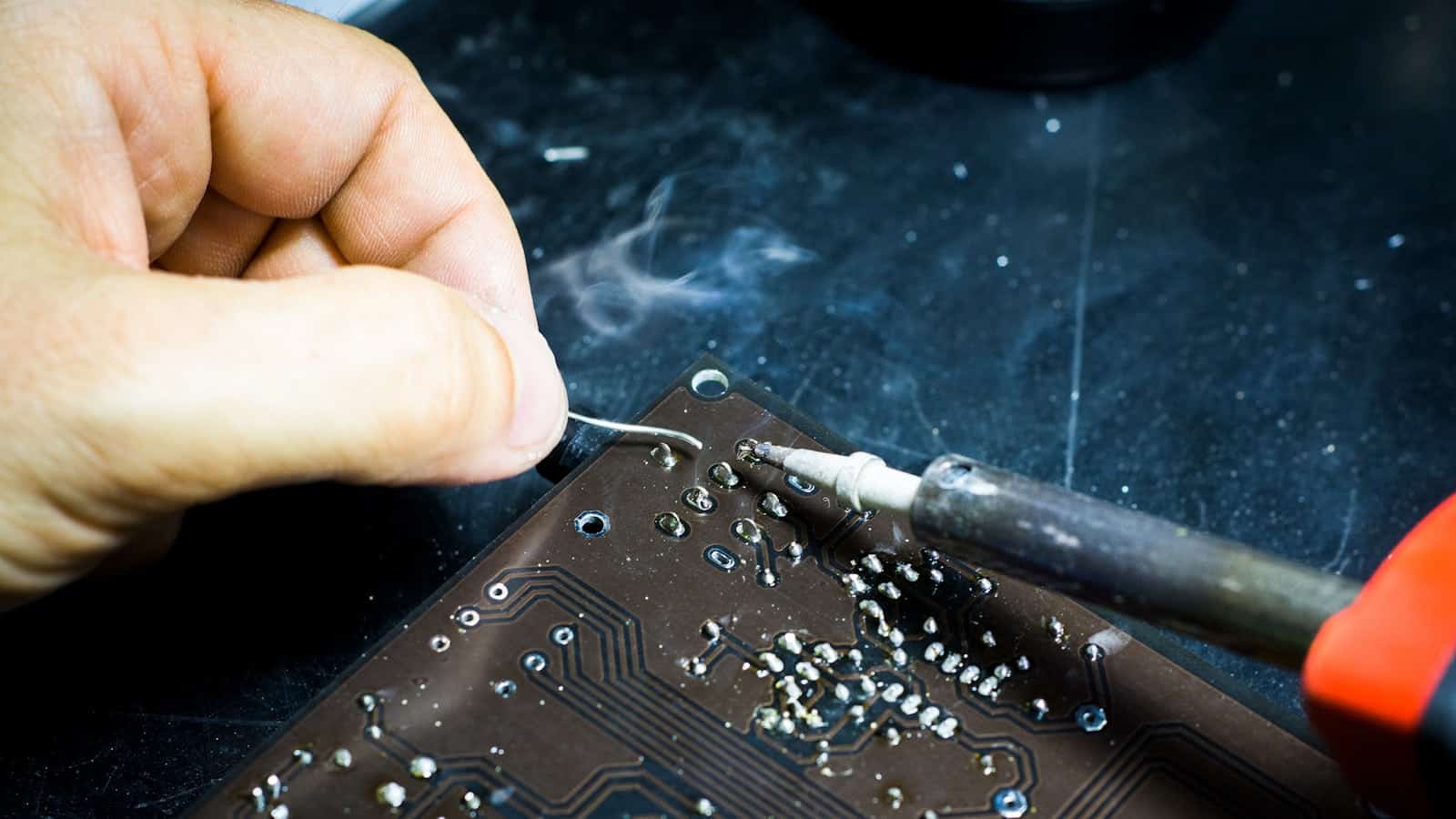 Read more: Are there still PCBs in transformers?
Read more: Are there still PCBs in transformers?What are PCBs? Polychlorinated biphenyls (PCBs) are a group of man-made organic chemicals consisting of carbon, hydrogen, and chlorine atoms. There are 209 different PCB congeners, each with varying numbers and positions of chlorine atoms on the biphenyl structure. PCBs were first synthesized in 1881 and were commercially produced starting […]
-
What are the resistors in a PCB?
Posted by
–
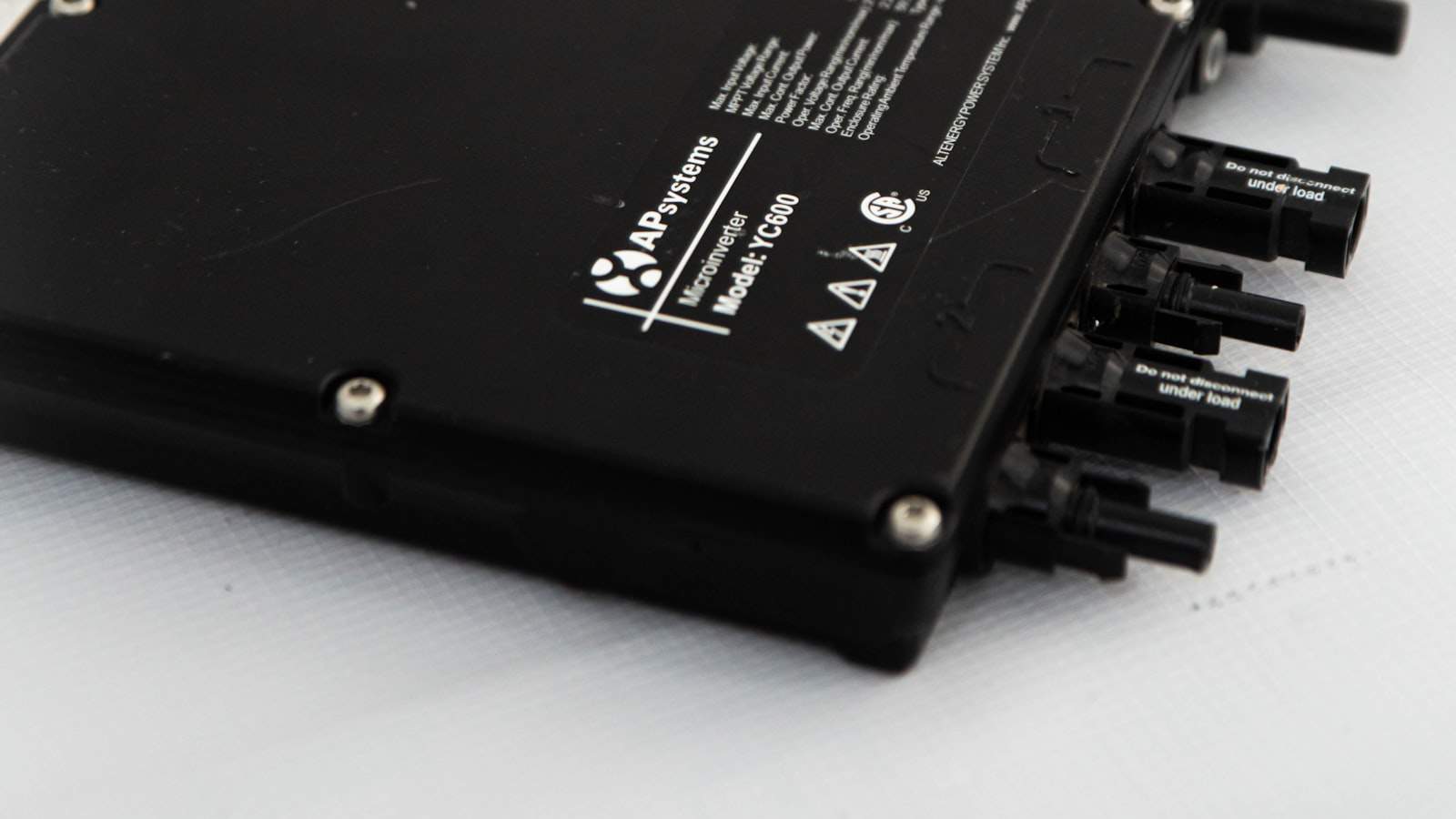 Read more: What are the resistors in a PCB?
Read more: What are the resistors in a PCB?Introduction to PCB Resistors Printed Circuit Boards (PCBs) are the backbone of modern electronics. They are used in almost every electronic device, from smartphones and computers to medical equipment and aerospace systems. PCBs are composed of various components, including capacitors, inductors, transistors, and resistors. In this article, we will focus […]
